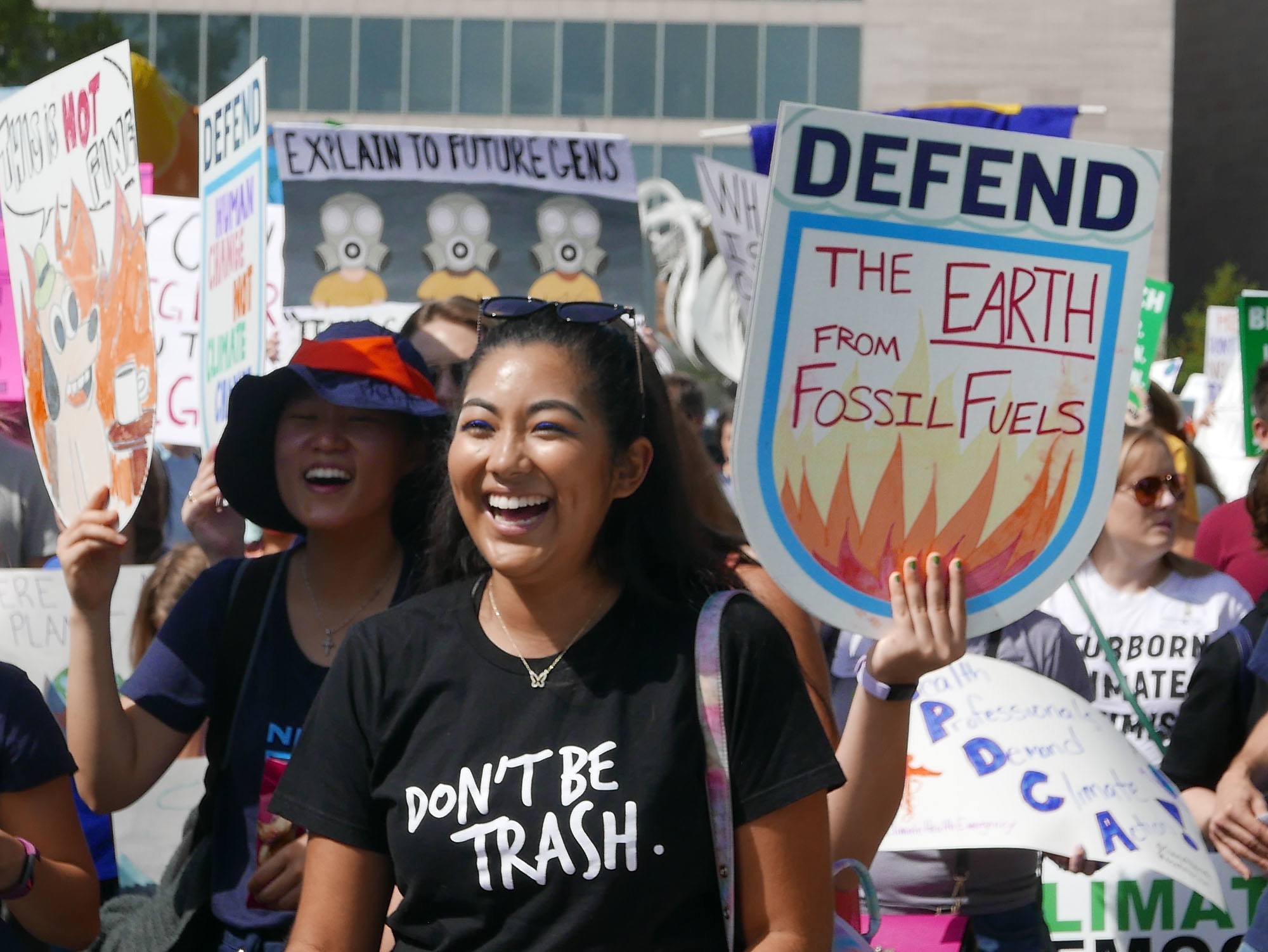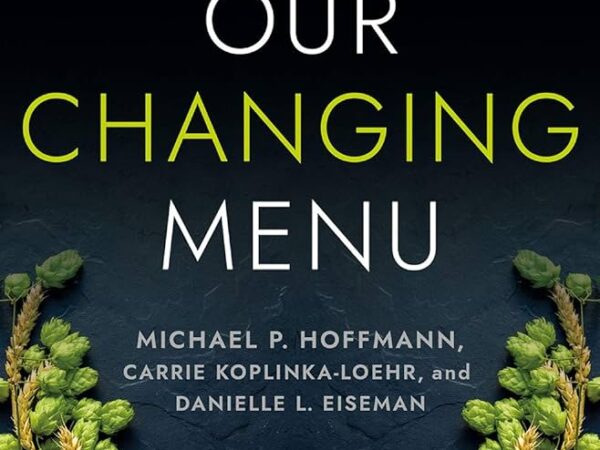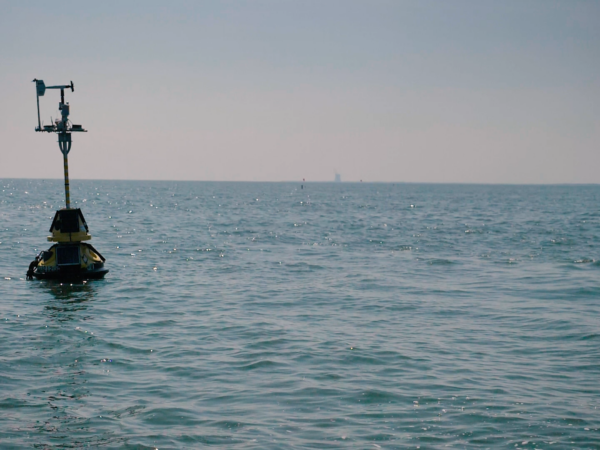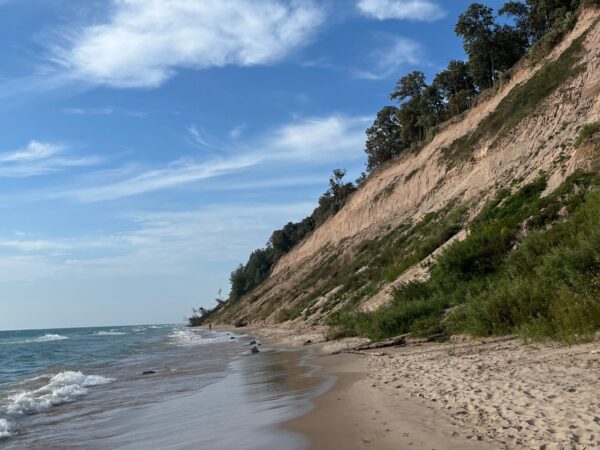
By Mark Hertsgaard, The Nation

This story originally appeared in The Nation and is republished here as part of Covering Climate Now, a global journalism collaboration strengthening coverage of the climate story.
On Monday, The Nation and other Covering Climate Now partners held a “First-Time Voter Youth Day” to highlight the voices of the generation most affected by climate change as we launch a week of joint coverage of Climate Politics 2020. More than any other group, the Sunrise Movement put the Green New Deal on the public agenda. Compelled by the climate emergency, its members, mostly in their teens and 20s, have organized protests (sit-ins against both Democrat Nancy Pelosi and Republican Mitch McConnel) but also helped write legislation (the Green New Deal resolution cosponsored by Representative Alexandria Ocasio-Cortez and Senator Ed Markey). In a new book, Winning The Green New Deal: Why We Must, How We Can, Varshini Prakash, the group’s executive director, says the key to Sunrise’s success is the group’s use of both protest organizing and electoral organizing to build political power.
—Mark Hertsgaard
MARK HERTSGAARD: The very first line of your new book says, “Young people have got to rise up.” Lots of young people have indeed risen up this year with the Sunrise movement to help Green New Deal champions defeat centrists in Democratic primary elections—Jamaal Bowman in New York, Cori Bush in Missouri, and, most famously, Ed Markey beating a Kennedy for the first time ever in Massachusetts. What’s your secret—how are you winning all these races?
VARSHINI PRAKASH: Teenagers on Zoom! I kid you not. In Jamaal Bowman’s race [in New York’s 16th congressional district], young people with Sunrise made 800,000 of his 1.3 million calls. In the Markey race, when Joe Kennedy announced, he was leading in the polls by 17 points. But Sunrise Movement students ultimately were victorious because we bring movement energy to electoral politics. We treat elections as an opportunity not just to get another person elected but to build our movement in the process.
For a really long time, we have seen leftists and progressives have a real aversion to political power, a real fear of what it means to get in the mucky muck of politics. For us, we realized that what legislation is passed is based on who [an elected official] feels accountable to. I think that what’s made Sunrise different from many climate organizations that proceeded it: We’re not afraid to marry civil disobedience and protest organizing with hard-nosed electoral organizing.
MH: Sunrise was not a big fan of Joe Biden in the Democratic primaries, yet when Biden won the nomination, you didn’t pick up your ball and go home. You’re now working hard to elect Biden. That must have been a tough decision for a lot of your members.
VP: It was a depressing, painful time after Super Tuesday when it became apparent that our endorsed candidate, Bernie Sanders, was not going to be the nominee. But especially in recent weeks, with all the wildfires, and storms, and frankly criminal negligence of Donald Trump denying climate science, many of our members, particularly in the swing states, are recognizing the importance of youth turning out in droves to defeat Trump. Because that is the only way that we have the political terrain we need to make progress on a Green New Deal.
MH: Politicians traditionally have discounted the youth vote because young people in the US tend not to vote as much as older folks do. In 2016, only 46 percent of eligible voters under the age of 30 cast a ballot. How does Sunrise get young people to believe in electoral activism?
VP: Sunrise activates young people by making electoral work about our larger mission, not about the political candidate. Our mission is to enact a 10-year transformation of virtually every part of our society to tackle the climate crisis. A politician ultimately is a tool towards achieving that end. We often say that defeating Trump is just the first step to passing a Green New Deal. And even if Biden is elected, we will need a movement force unparalleled in recent history both to ensure that he keeps his campaign promises and to fight the fossil fuel industry and the GOP, who will do everything in their power to stop us from taking action.
MH: Sunrise is competing on a very different political terrain over the next six weeks. After your democratic primary victories, now you face not just Democratic voters, but also Independents and Republicans. How are you adjusting your approach, both for the Biden-Trump race and the 18 congressional candidates you’ve endorsed?
VP: We’re planning to make 2.5 million phone calls to voters to help elect Green New Deal champions [to Congress] and defeat Donald Trump, particularly in three swing states: Pennsylvania, Michigan, and Wisconsin. We will reach out to folks that the Democratic and Republican parties often fail to reach, particularly young voters and voters of color, and make sure they understand how this election could affect their communities. And there’s a few other races that we decided to prioritize from the beginning—for example, Mike Siegel’s race [in Texas’s 10th district] and Cori Bush’s race [in Missouri’s 1st district].
MH: Looking towards Election Day itself, there is a strong possibility of voter intimidation and even violence at the polls, along with a president who is openly indicating that he won’t accept results showing he lost. How does Sunrise analyze the situation from now through Inauguration Day in January, and what are you preparing to do?
VP: It’s terrifying. We’re aware that we need to be ready to snap into action if and when the president attempts, essentially, a coup. We’re planning to send thousands of young people to the polls on Election Day to protect the right to vote. We’re looking at what direct actions we could do alongside what I assume will be thousands of other progressive organizations to target in particular Republican governors and elected officials who might comply with a power grab on Trump’s part. We need to make it extremely clear that this isn’t a fight just about counting votes but about the future of our democracy. Will there be equal representation for all in this country or will we traverse towards authoritarianism?
Read more climate change news on Great Lakes Now:
Want the Youth Vote? Prioritize Climate Change
Intersecting Crises: Fighting for climate justice in a pandemic
One key solution to the world’s climate woes? Canada’s natural landscapes
Survey analysis finds race plays role in perception, vulnerabilities to climate change in Indiana
Message to 2020 Candidates: Focus on water quality in Great Lakes states
Across America, Five Communities in Search of Environmental Justice
API key not valid. Please pass a valid API key.Featured image: People gather for a climate strike in Washington, D.C., on Sept. 20, 2019. (Photo by Susan Melkisethian via Flickr, CC BY-NC-ND 2.0)




